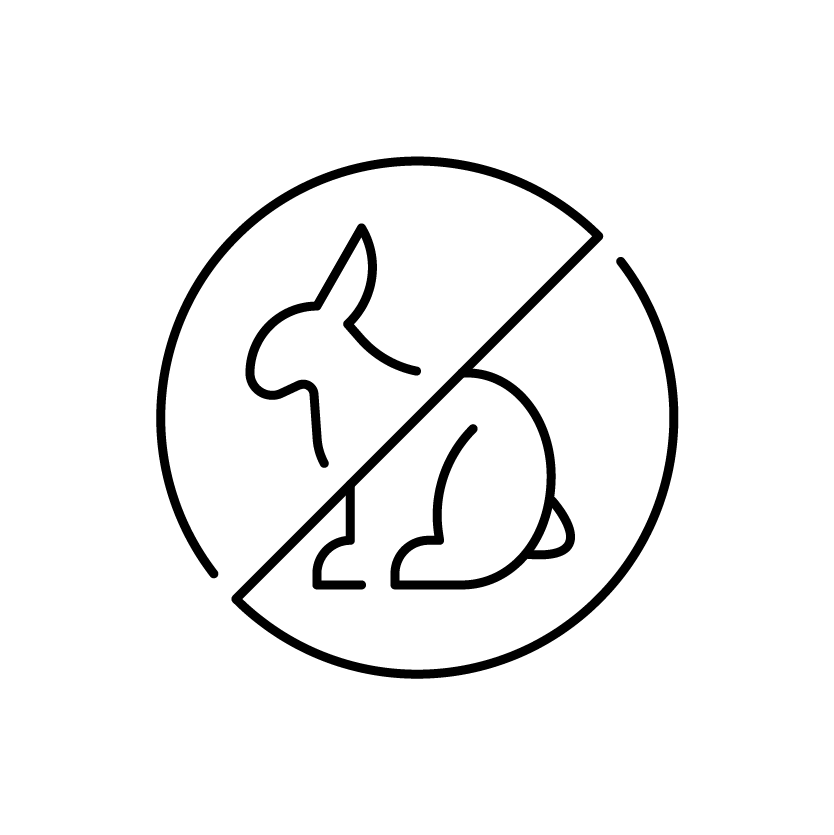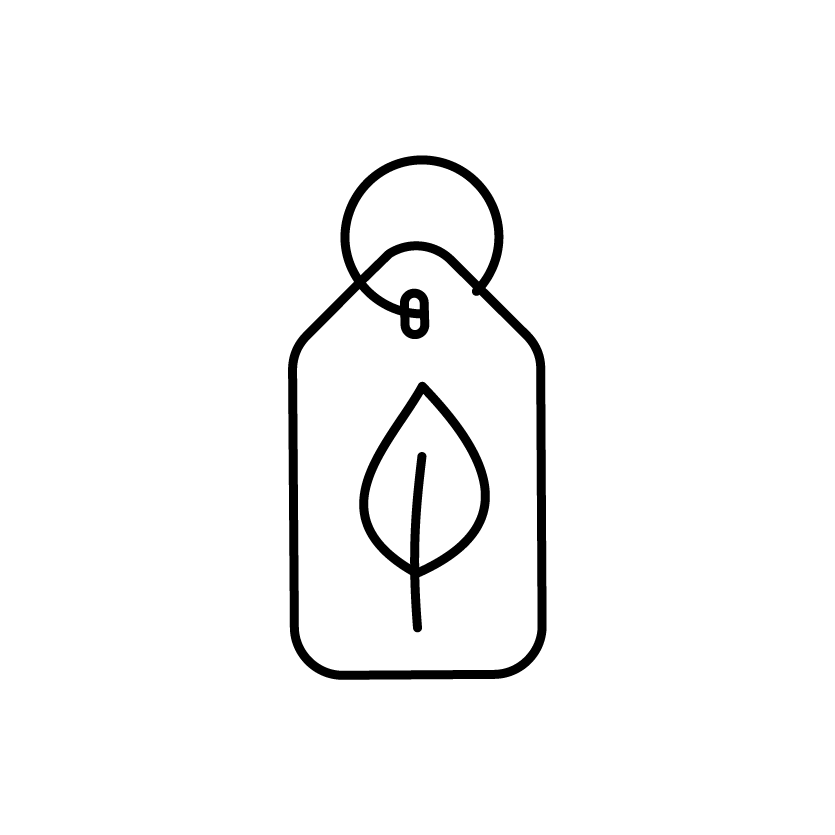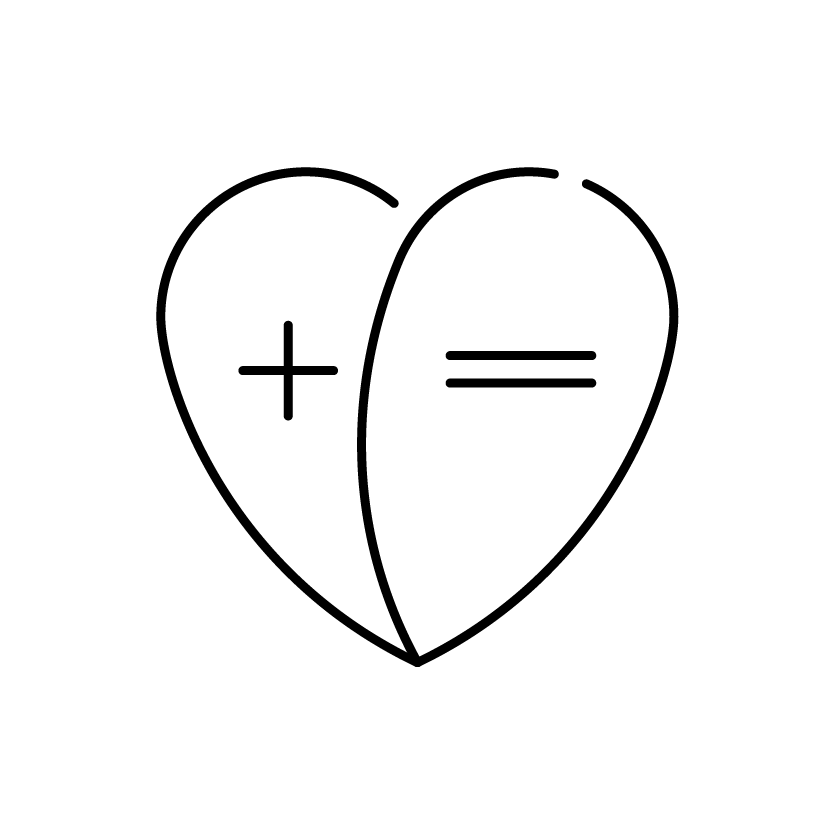Location
Australia
Made In
Cambodia
Values
After an encounter with an anti-trafficking group, Outland Denim’s founder, James Bartle, could not be passive with his anger, so he travelled to Asia to see first-hand how human traffickers preyed on young girls. He soon learned that even when a girl has been rescued, a sustainable career path is essential in securing a promising future for her, so he set up the “Denim Project”: a project with an aim to enable and empower these rehabilitated girls who have shown an interest in sewing.
As Outland has grown, however, they have also been able to welcome staff from varied vulnerable backgrounds, and allow their business model to centre on four key pillars: training, living wages, opportunity, and education. Not only are their employees working in a safe environment and earning a living wage but the profits are also enabling Outland to provide education and personal enrichment programs for their staff.
Now to the other way in which Outland’s pulling apart the fast-fashion industry by the seams. They’re very aware of the negative impacts conventional jean manufacturing has on the environment, and are doing everything in their power to minimise their footprint.
Outland’s denim is sourced from Bossa, a Turkish mill that has been actively involved in environmental and ethical issues since its inception in 1951. Outland Denim’s jeans are made from organic cotton that has been proven to use 20-25% less water than conventional cotton. Most dyes are made from synthetics and are toxic to both humans and the environment, but Outland Denim uses a natural indigo dye that is derived from plants.
We could reiterate all of the incredible feats achieved by Outland but the work they are doing—and continuing to do—completely speaks for itself. They care. Whether it’s about the environment or the suffering people in less fortunate countries, Outland Denim actually gives a shit. Please, if you need a new pair of jeans, invest in a quality, hand-made pair that’ll last you the long haul. Outland Denim stretches their profits to reach many, many different hands, and we as consumers can help them in this process.

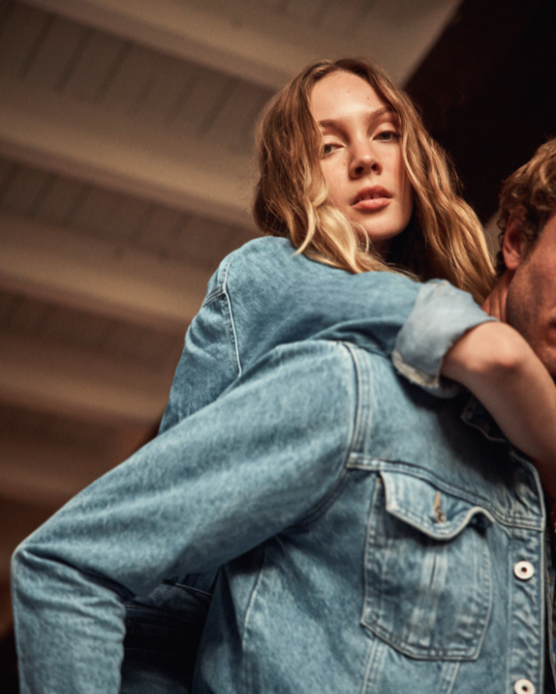
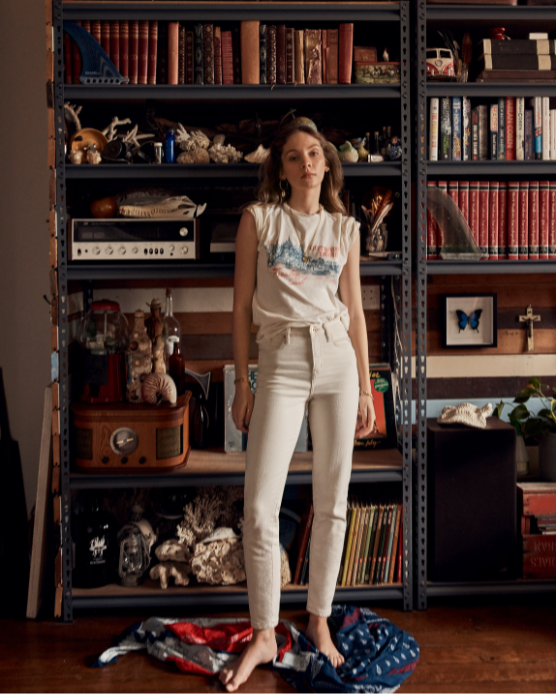
Want to know where Outland Denim sits and what they’re working on in terms of these 5 values? Hover over these values to find out.
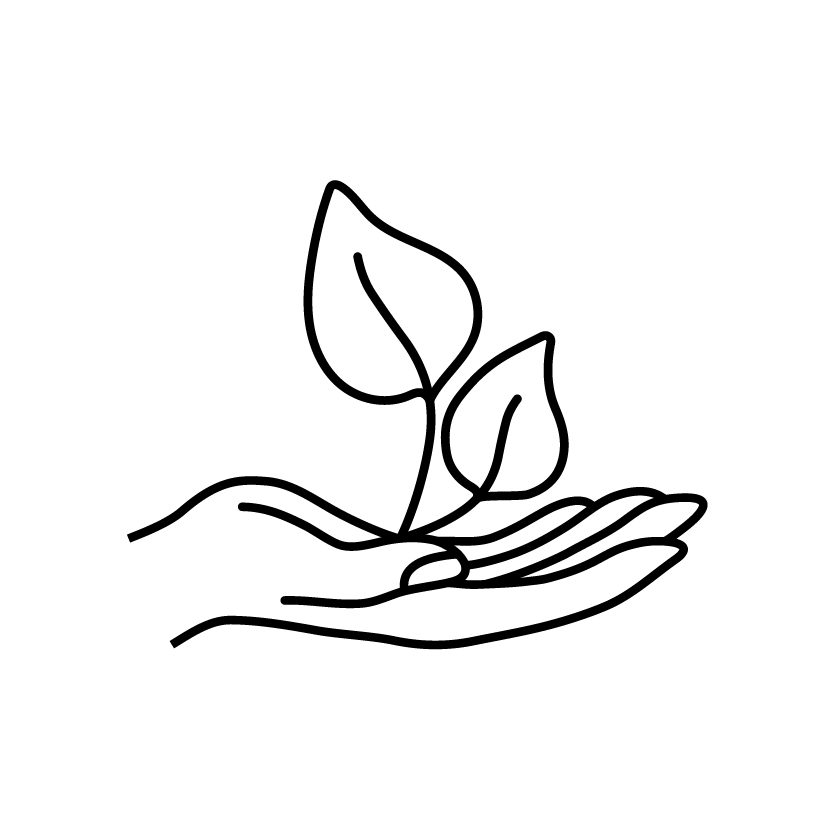
Eco Friendly
Our stand-alone wash and finishing facility is equipped with industry-leading water and energy reducing technology, and every Outland Denim piece bought online is delivered in a recyclable and compostable cardboard box that has been designed for easy re-use in the event a return or exchange is required.
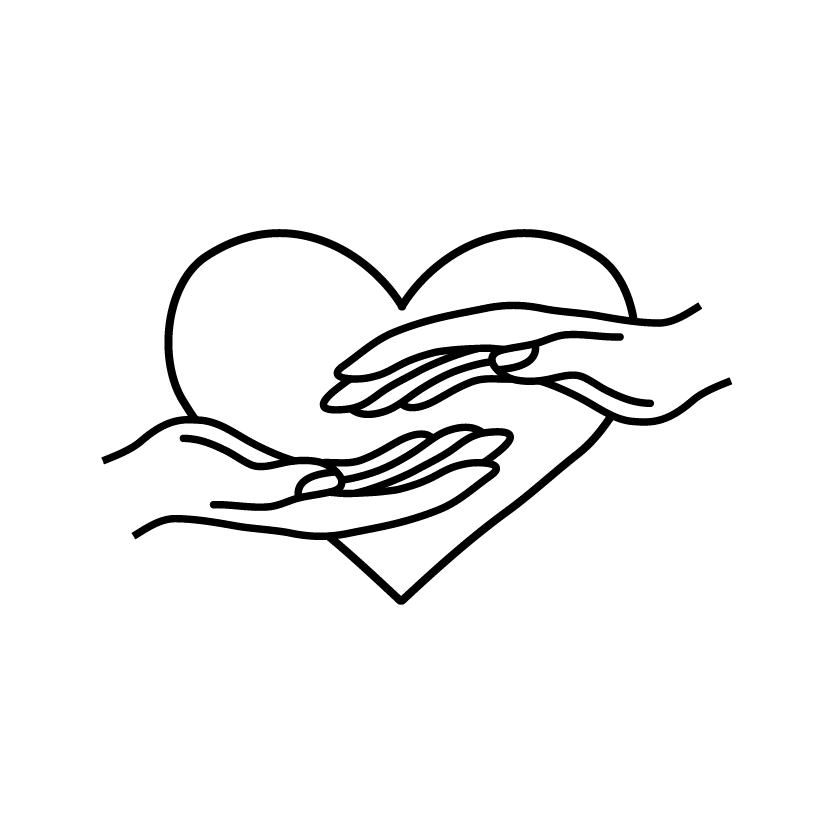
Fair
Outland Denim began as a means for victims of sexual exploitation to engage in safe, dignified employment as they rebuilt their lives. We have since widened our doors to accept employees from varying backgrounds of vulnerability, from those with disabilities to those who have experienced harsh conditions in larger garment factories.
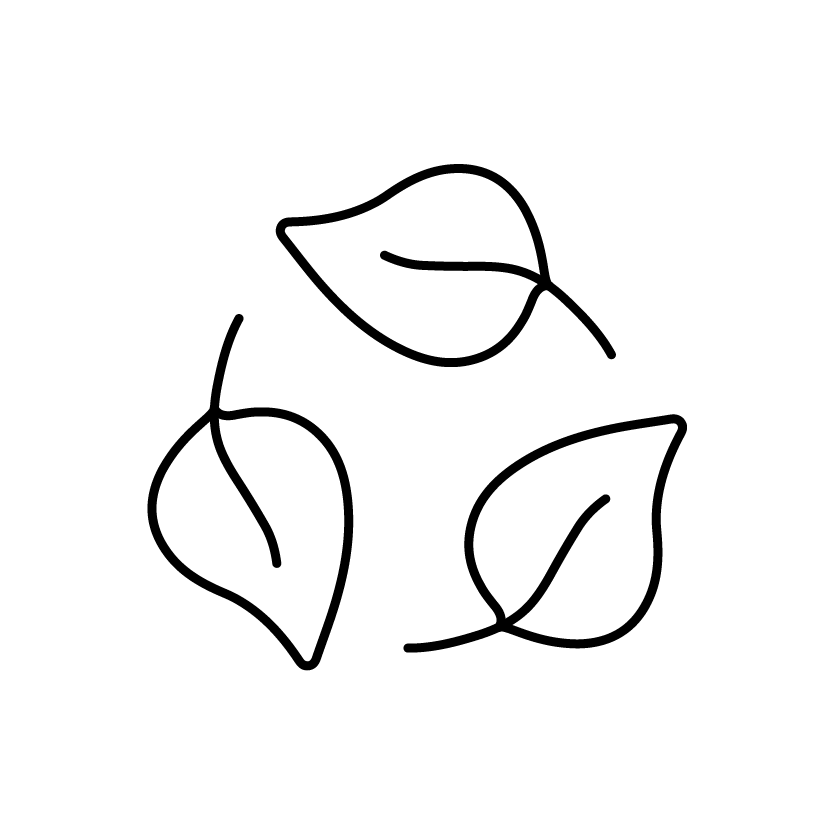
Minimal Waste
Outland Denim employs fabric cutting technology, which reduces the amount of off-cut waste created per jean, and each Outland Denim piece bought online is delivered to our customers in a recyclable and compostable cardboard box from Austcor.
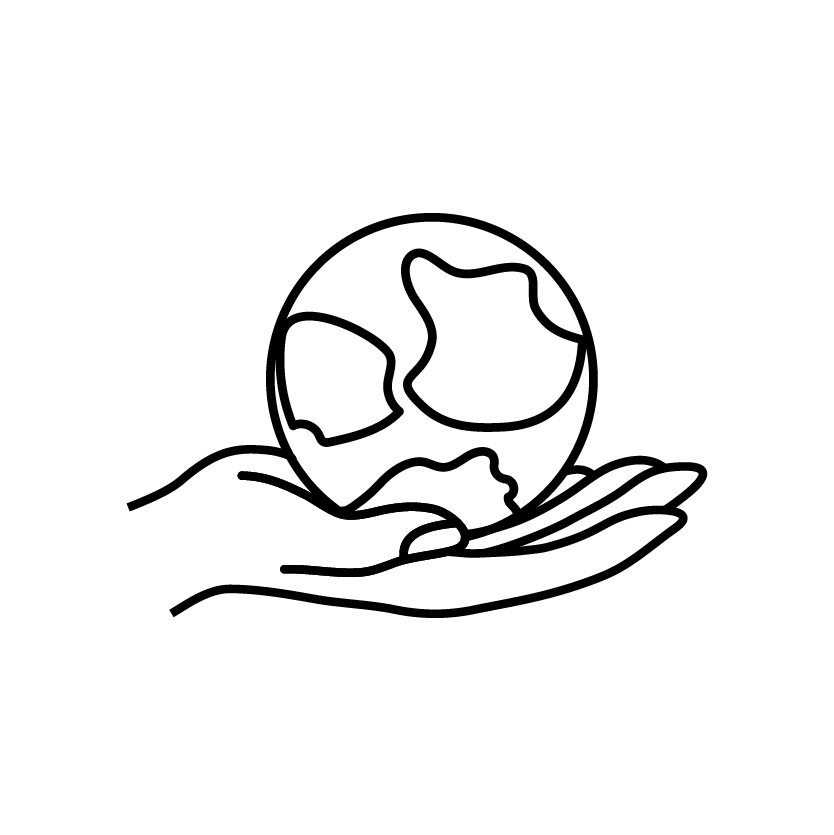
Give Back
With a holistic approach to supporting our staff based on the four pillars of training, opportunity, a living wage, and education, we have proven that a sustainable career path is the key to true social change in not only the lives of our staff but their families and communities.
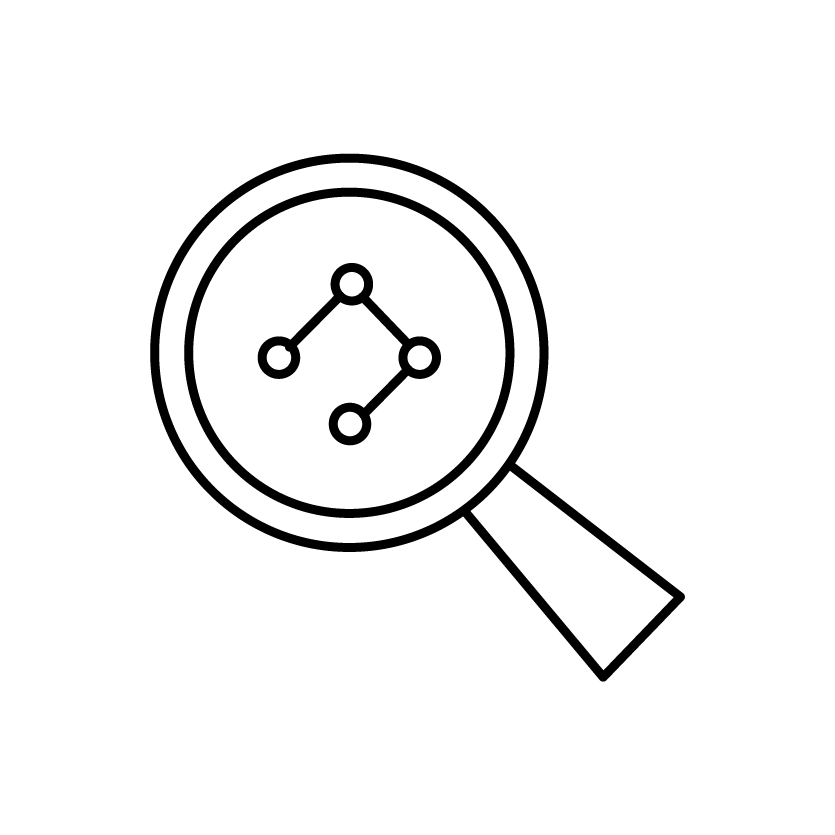
Transparent
Outland directly connects with its 2nd tier material suppliers (denim, buttons, zippers etc) to not only disclose the location their products are manufactured, but also information about which countries their raw materials are sourced from.
Behind the Brand
“I was impacted by the reality of human trafficking after seeing a very young girl being prostituted on the streets in Thailand, and had to do something to make a change to the way young girls are exploited by giving them a way out”.
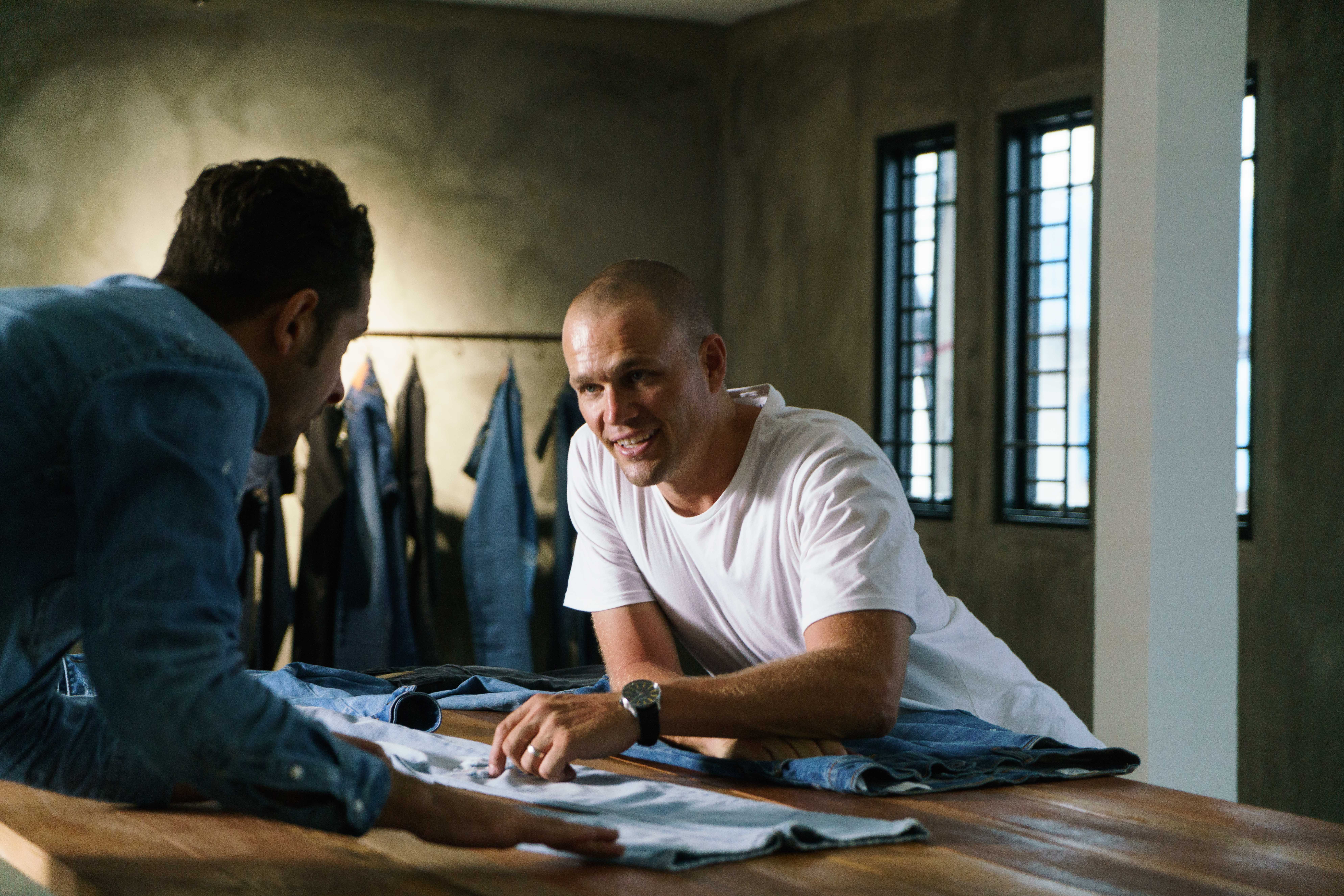
What made you start Outland Denim?
I saw a need for sustainable employment to meet the vocational skill set of a very vulnerable group of young women, and making jeans seemed to be a good idea at the time (a time when I didn’t realise how difficult it was to make jeans!). The back back-story is how I was impacted by the reality of human trafficking after seeing a very young girl being prostituted on the streets in Thailand and had to do something to make a change to the way young girls are exploited by giving them a way out.
What is something others wouldn’t know about denim and the process that is used to create them that you think they should?
Unlike a traditional production facility, our seamstresses are trained in every element of the jean-making process. Over a period of approximately two years, our trainee staff enroll in a program of cross-training and upskilling to gain a deep knowledge in the areas of cutting, finishing, and sewing.
With demonstrated proficiency, our seamstresses are given the opportunity to progress their careers at Outland Denim.
What has been the most challenging thing you have uncovered since the beginning?
In choosing to make jeans the way we do, to the standard that we do, and with our sustainable credentials and HR policies, we have really taken the hard road in every single way. So on the production side, in sourcing and handling and getting the jeans to a premium standard, there have been hurdles. On the business side, finance, cash flow, investment dollars and sales are always a concern for any CEO.
Within the ethical fashion community, there’s a big question that we ask which is ‘who made my clothes?’, in the scope of Outland Denim, who made your denim? Can you tell us a bit about them?
I wish everyone could meet our team of seamstresses because if you did you would never buy another jeans brand again! When I go to Cambodia and visit our production house, the reception is just amazing. But one of the young women I am always particularly overjoyed to see came to us with a disability. Her beaming smile and sense of pride in the work she is doing for us makes all the challenges worthwhile.
And one of our longest serving sewers. The fact that she has been able to take the money she has made with Outland and turn that into a rice field and rooftop for her family’s home, as well as buying her sister out of bondage, and now support her own daughter, just amazes me. It’s all about just giving someone the opportunity, and for so many of our seamstresses, life options are limited to a point that we in the Western world just can’t understand. The ability to earn a good income is just phenomenally empowering for them, but so too is the value-added stuff that we are able to do, as education has not been a feature of their lives. So lessons in English and budgeting and health and hygiene, as well as the fact that they can come to work in a safe place, one that we would be equally comfortable to work in, is the other bonus.
Our actual denim fabric comes from a Turkish mill called Bossa, which is a highly reputable mill that engages Better Cotton Initiative (BCI) cotton growers and also uses recycled and organic cotton in its denim. I visited the Bossa mill in 2016, which was important to us as a company to ensure everything is above board. You can read up about Bossa in our supply chain information on our website.
Best piece of advice you’ve ever received?
Work in your strengths and staff your weaknesses.
One tip you’d give to others who are wanting to start their own business?
Understand it is hard and it will take more hours each week than a regular job, which means making sacrifices in other areas in your life, but is very satisfying at the same time.
Where do you envision Outland Denim in the future?
To be manufactured in other countries as well as Cambodia in order to give more vulnerable communities the same opportunities; to be producing a fair share of the denim consumed; and to be leading the way for environmentally and socially conscious fashion.

